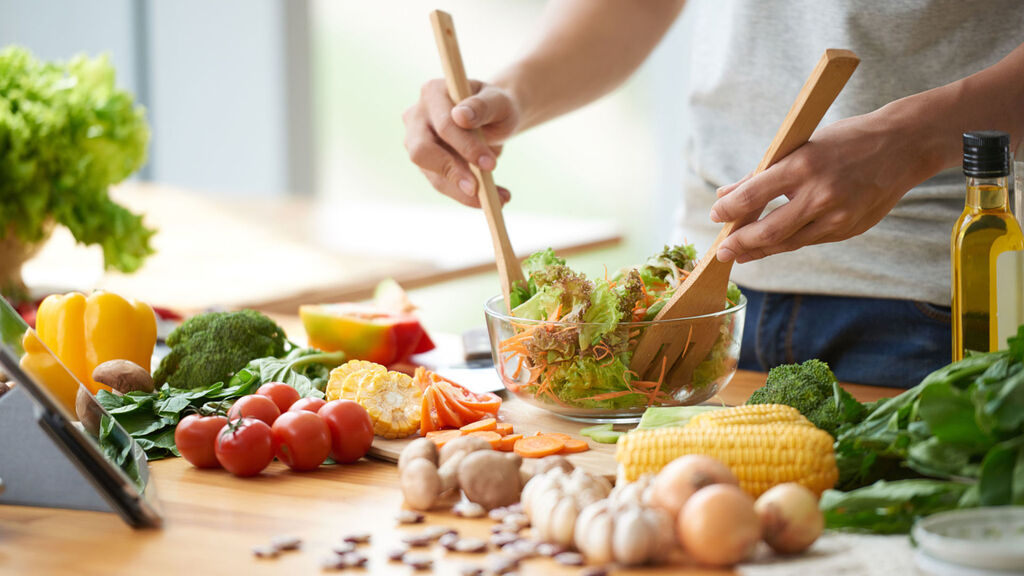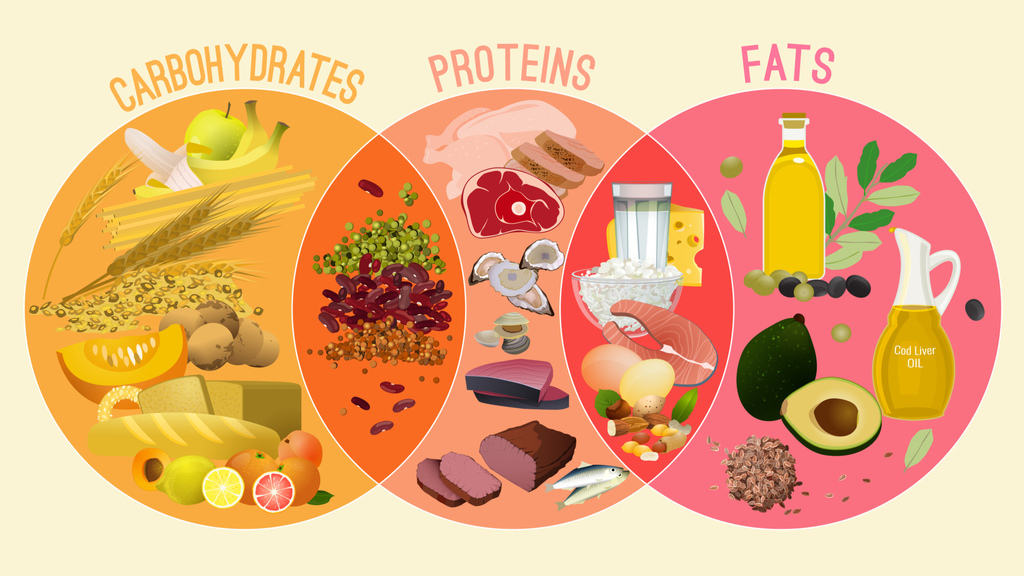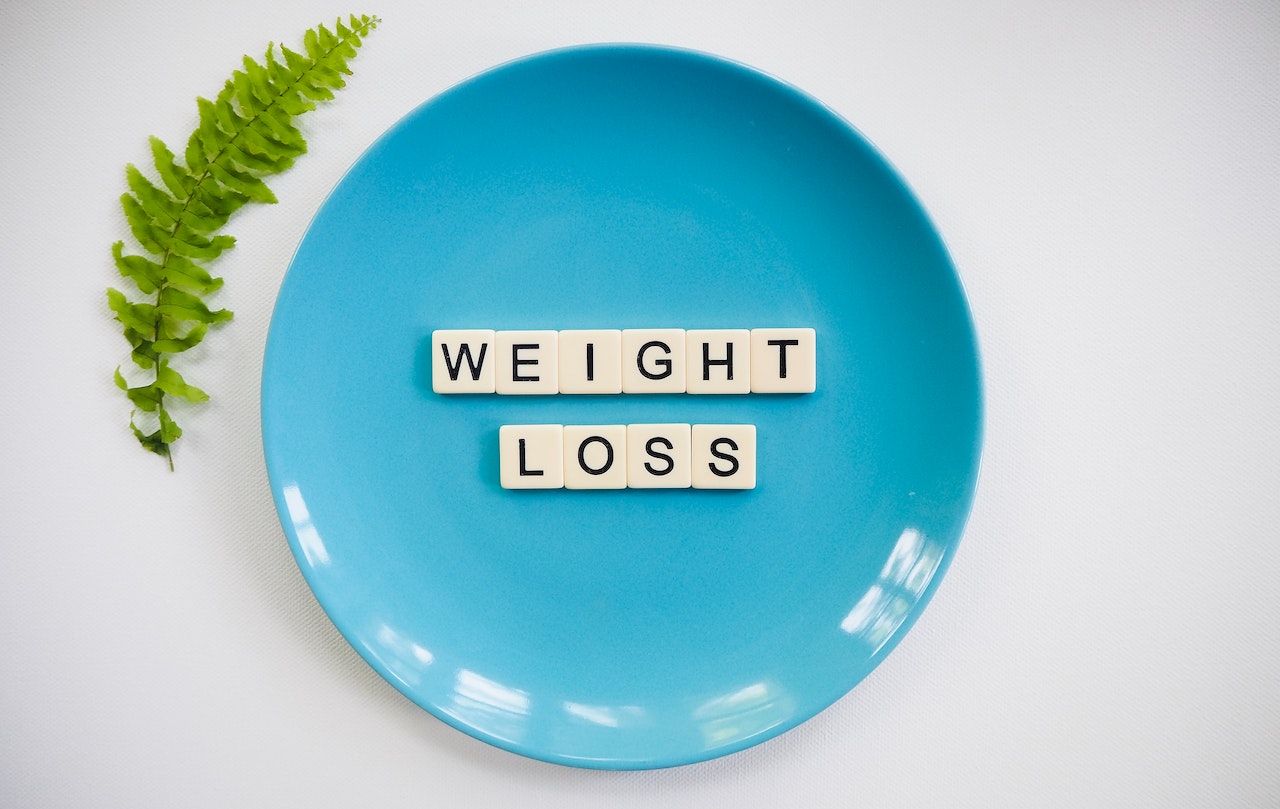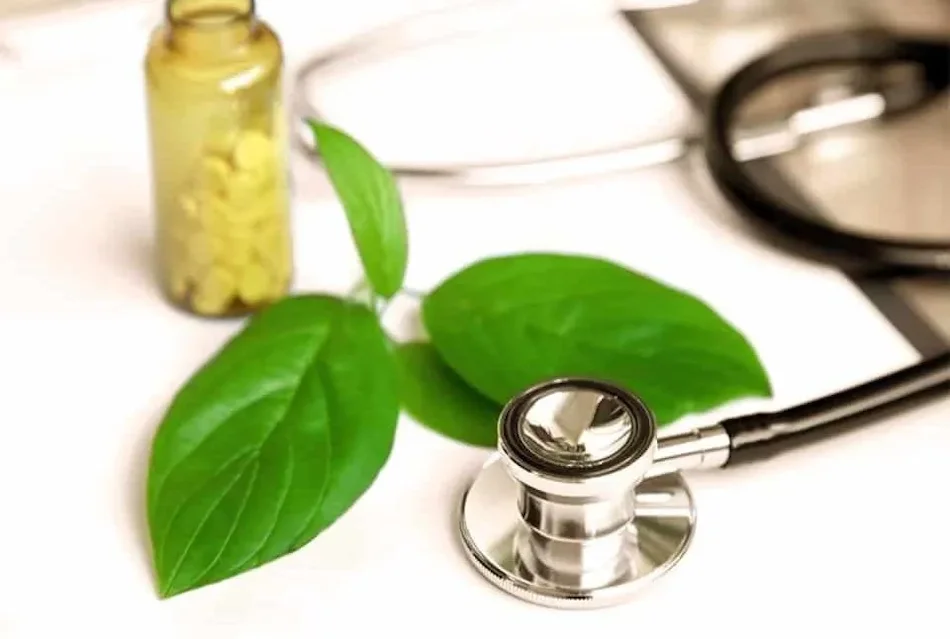So, you have decided to lose weight, but what to do next?
Let’s look at this issue in detail.
Weight and body quality, as a rule, depend on 2 important factors – physical activity and a balanced diet.
A common mistake that “beginners” make is extreme weight loss, due to an acute calorie deficit and a sharp increase in physical activity, because you want to see the result in the mirror right away.
This is a dangerous path. Both excessive physical activity and a sharp entry into a diet through food restriction is a huge stress for the body. In order to optimally cope with it, the body needs to get used to and gradually adjust to the new rhythm. In addition, kilograms lost quickly in 98% of cases also quickly return back, within a month after the end of the diet.

So how then to lose weight as quickly as possible, while not only not harming your body, but rebuilding it in a new healthy way?
The answer to this question lies in a balanced diet, one in which all food components are interconnected and reinforce each other, and the main nutrients – proteins, fats and carbohydrates – are in the optimal ratio.
BJU is like the bricks from which our body is built. The composition and quality of our body depends on their quantity and ratio.
Key Nutrients
- Carbohydrates
Carbohydrates give us energy. They are divided into fast and long.
Fast carbohydrates – sweets, sugar, soda, etc. – give a quick jump in blood sugar, and after their splitting they leave fat deposits.
Therefore, in nutrition, it is important to focus on adding long-term carbohydrates to the diet.
Long-term carbohydrates are absorbed by the body more slowly, therefore they provide a stable and long-term source of energy, and also maintain a feeling of satiety.
- Squirrels
Proteins are a building material for cell growth and repair; muscles, bones, skin, hair, etc. are made of proteins.
Proteins are vegetable, such as peas, beans, chickpeas and animal origin – meat, fish, etc.
A balanced diet should include both plant and animal proteins.
- fats
Fats – are responsible for the quality of the skin, hair, epithelium, as well as carbohydrates give our body energy. Fats are essential for maintaining the endocrine and nervous systems.
Fats can be divided into healthy fats such as avocados, nuts, oils, oily fish, and so on. And trans fats.
Trans fats are considered the most harmful to the body. They are usually found in processed foods, and contribute to the active increase in body weight and cholesterol levels.
Unfortunately, we encounter spenders every day – these are fast food, chips, mayonnaise, various fatty sauces, etc.
BJU balance
Let’s now talk about the ratio of BJU, in which the body will inevitably reduce weight.
The following ratio is considered balanced:
- 50-60% carbohydrates
- 30% fat
- 15-20% proteins
With this ratio, the body works optimally, excess weight does not accumulate.
But as soon as the balance is shifted, for example, towards carbohydrates or fats, the whole mechanism is disrupted and the body begins to actively gain weight.
Maintaining the balance of nutrients in the body is very important. This helps to achieve your goals – not only for weight loss, but also for gaining muscle mass, for example, if you increase the amount of protein in the diet.

What is a healthy diet?
Now let’s see what an example of a balanced diet for the whole day should look like:
- Breakfast: oatmeal porridge or scrambled eggs with tomatoes;
- Second breakfast / snack: unsweetened yogurt / smoothie or vegetable salad;
- Lunch: chicken breast + buckwheat + cucumber salad dressed with olive oil;
- Afternoon snack: pumpkin puree soup;
- Dinner: baked white fish and vegetable stew.
What needs to be done to start losing weight tomorrow?
If you seriously decide to take on your figure and switch to a healthy lifestyle, start doing it gradually.
Below I have prepared a checklist of what you need to do today in order to start losing weight tomorrow.
You can take small steps towards your dream body every day with these simple steps:
- Review your fridge and shopping list.
Remove from your refrigerator “junk” foods that do not provide any nutritional benefit, but only leave fat deposits on your sides.
Refuse: mayonnaise and fatty sauces, sweet pastries, pies and cookies.
- Review your daily diet – write down how many times a day, where and how you eat.
If you are constantly on the move, eat on the run, often buy fast food or live on buns and sandwiches, this is wrong. Try to plan your day for nutrition, think about where you could eat a full meal, and if this is not possible, then prepare yourself a lunch box with dinner in the evening.
- Pay full attention to how much water you drink daily.
It is very important that it be at least 1.5 liters of clean water. Not tea, coffee. Juices, namely pure water. Water is involved in the process of cell renewal, flushes out toxins. To help your body digest and absorb the food you eat, you need to stay hydrated.
- Daily physical activity.
Do not immediately load yourself with all possible sports. Start with morning exercises in 5-10 minutes. Gradually increase the time. Try to enjoy the process, listen to your body, to the sensations.
You will be surprised when you can establish contact with the body – you will want more physical activity.











